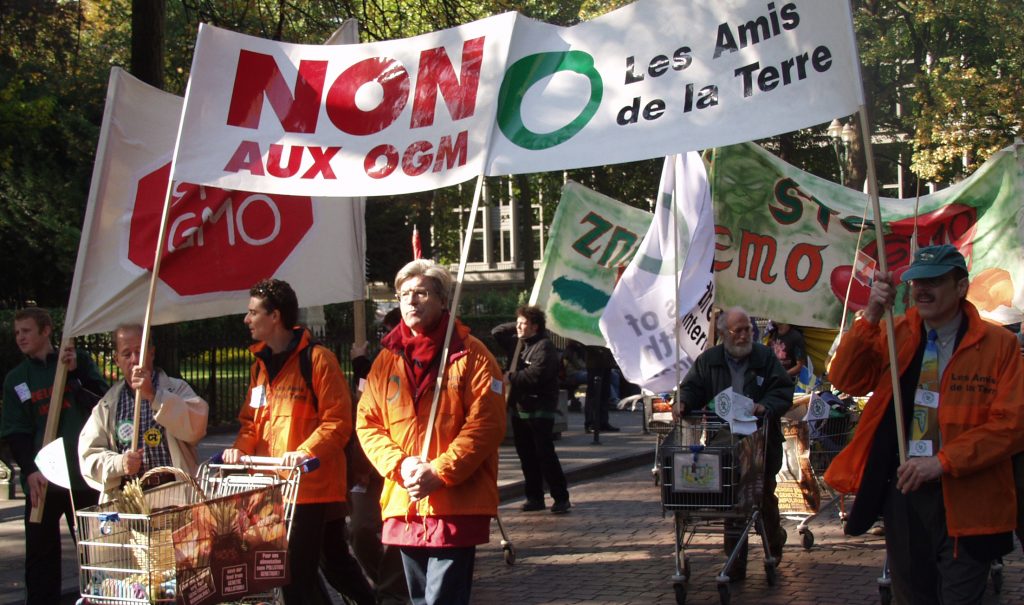Brussels, 10 March 2006 – The Commission of the European Union is avoiding EU-wide legislation on the coexistence of genetically modified (GM) and non-GM crops, a move that could lead to the irreversible contamination of Europe’s food, seeds and environment.
The “wait-and-contaminate” policy on genetically modified organisms (GMOs) is in a report by the European Commission which is due to be published today. The report has been obtained in advance by Friends of the Earth Europe (1).
Whilst the Commission recommends in the report that coexistence measures be decided at country level, it has in fact objected to half of all legal proposals from EU Member States. The report lacks any clear proposals or conclusions and effectively delays any concrete decision until 2008.
Helen Holder, GMO campaigner at Friends of the Earth Europe, said: “The European Commission has decided to first contaminate and then legislate, a move in line with the interests of the biotechnology industry. By adopting a ‘wait-and-contaminate’ policy, the Commission ignores the rights of European consumers and farmers who do not want to experiment with genetically modified foods.”
The EU report on the coexistence between GM, conventional and organic crops looks at current measures by EU member states to protect farming from contamination:
The Commission threatens countries or regions with legal action if they try to prohibit the growing of GM crops. Currently 172 European regions have expressed their desire to be GM free.
The Commission considers that a half of all the legislative coexistence proposals by EU member states “create obstacles to the free movement of goods”.
Coexistence measures that ban the growing of GM crops in “protected or ecologically sensitive regions” are not permitted, despite existing legislation which allows this for individual GMOs.
Schemes that require GM growers to obtain insurance against contamination should not be mandatory as this type of insurance cover is not available in the EU and this would “make the cultivation of GM crops impossible.”
The Commission is not however threatening to take countries to court if they set a threshold for contamination lower than the Commission’s recommended 0.9%. This confirms independent legal advice that the Commission’s use of the labeling threshold for coexistence is “legally flawed” (2).
“The EU Commission approach is clearly a failure,” Helen Holder said. “It must stop dodging its responsibility and introduce an EU law that prevents contamination of our food, farming and environment”.
***
Notes:
(1) A final draft of the Commission report obtained by Friends of the Earth can be downloaded above
(2) Advice – In the matter of Co-existence, traceability and labelling of GMOs. K.P.E. Lasok QC and Rebecca Haynes, 21 January 2005.







